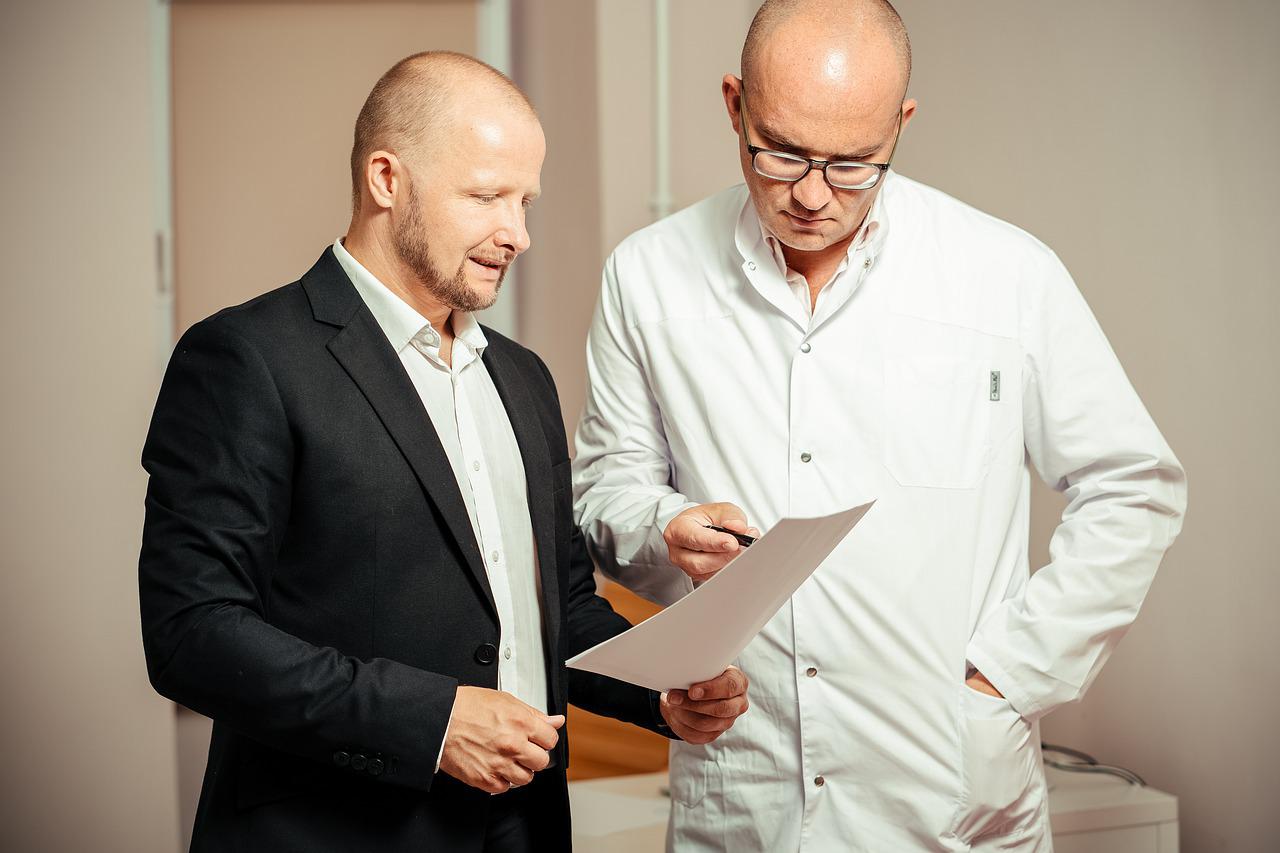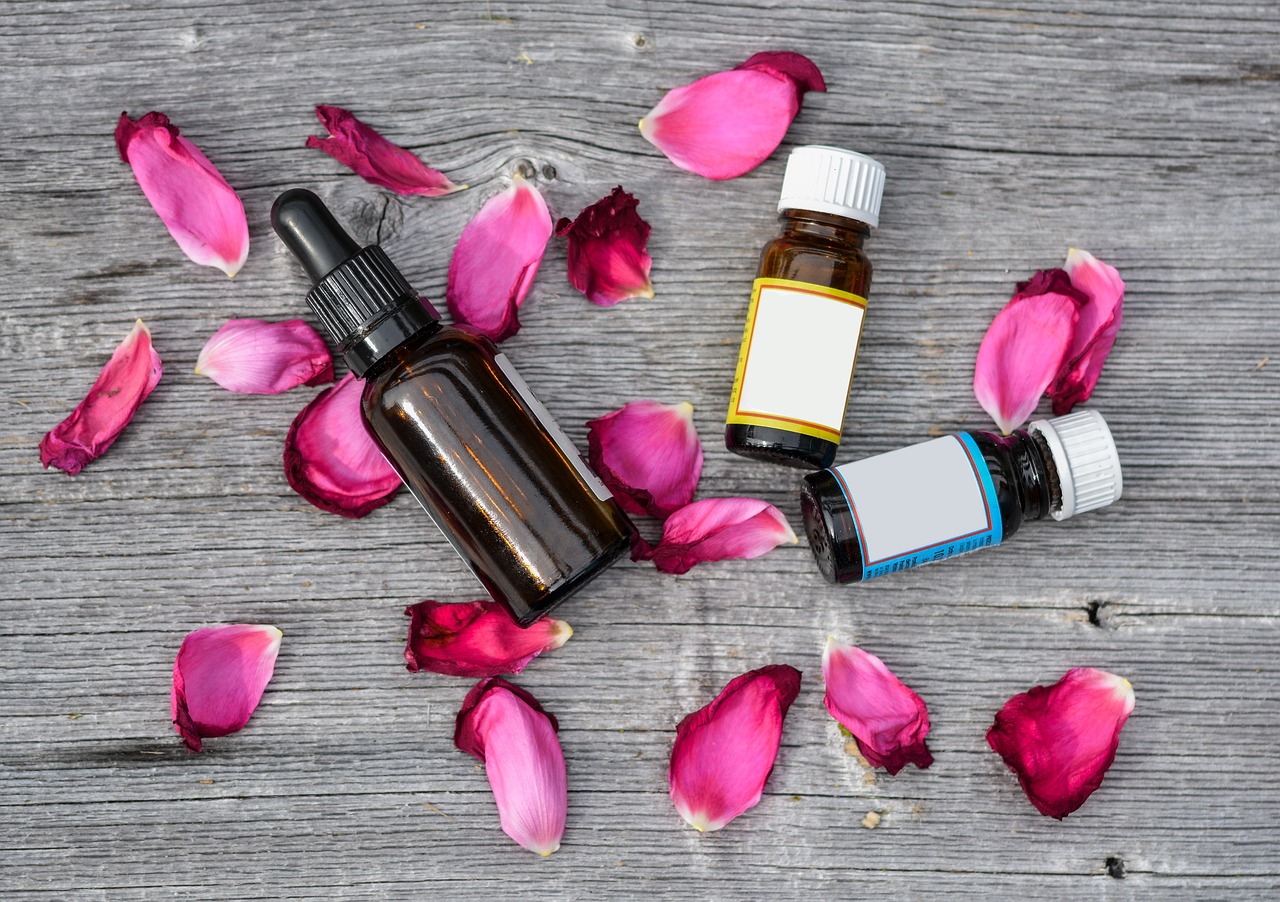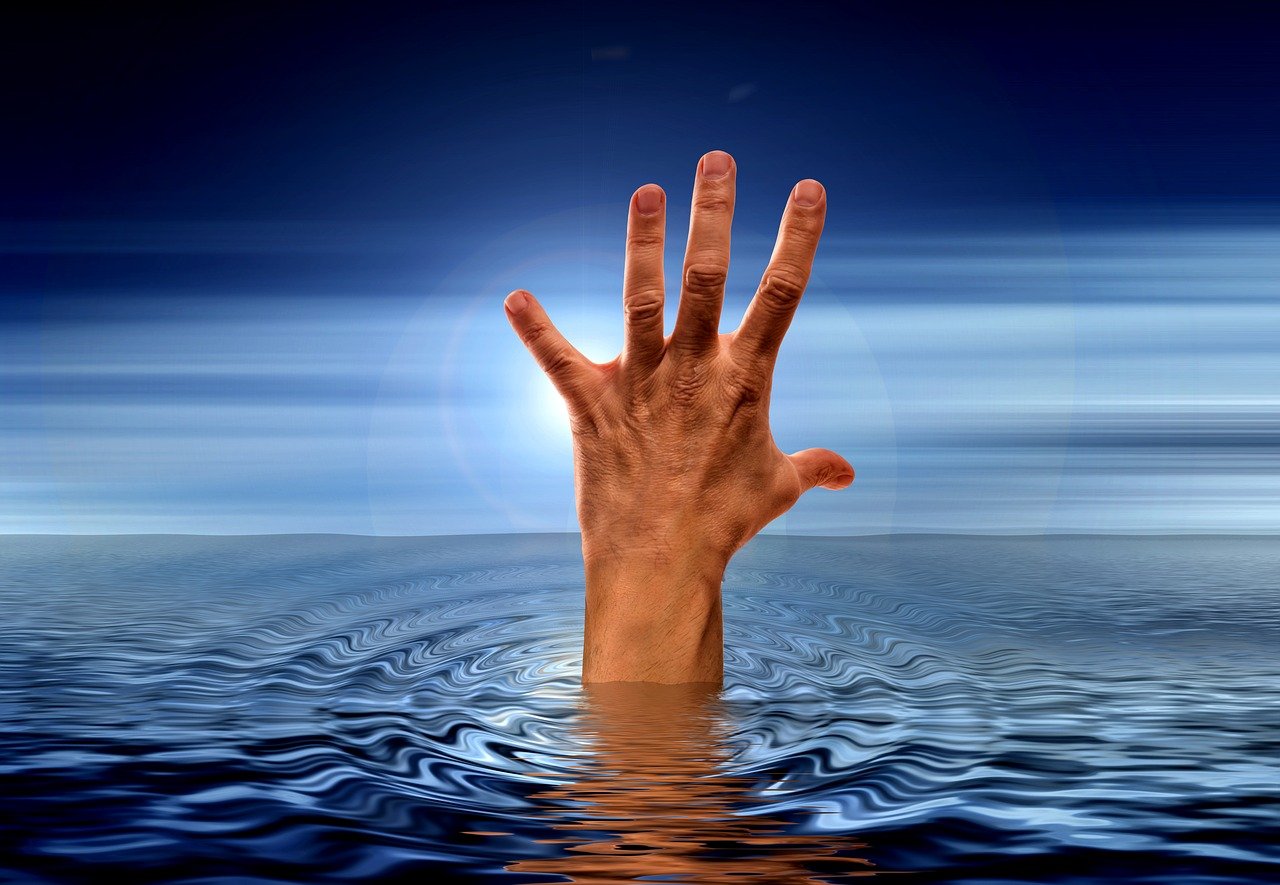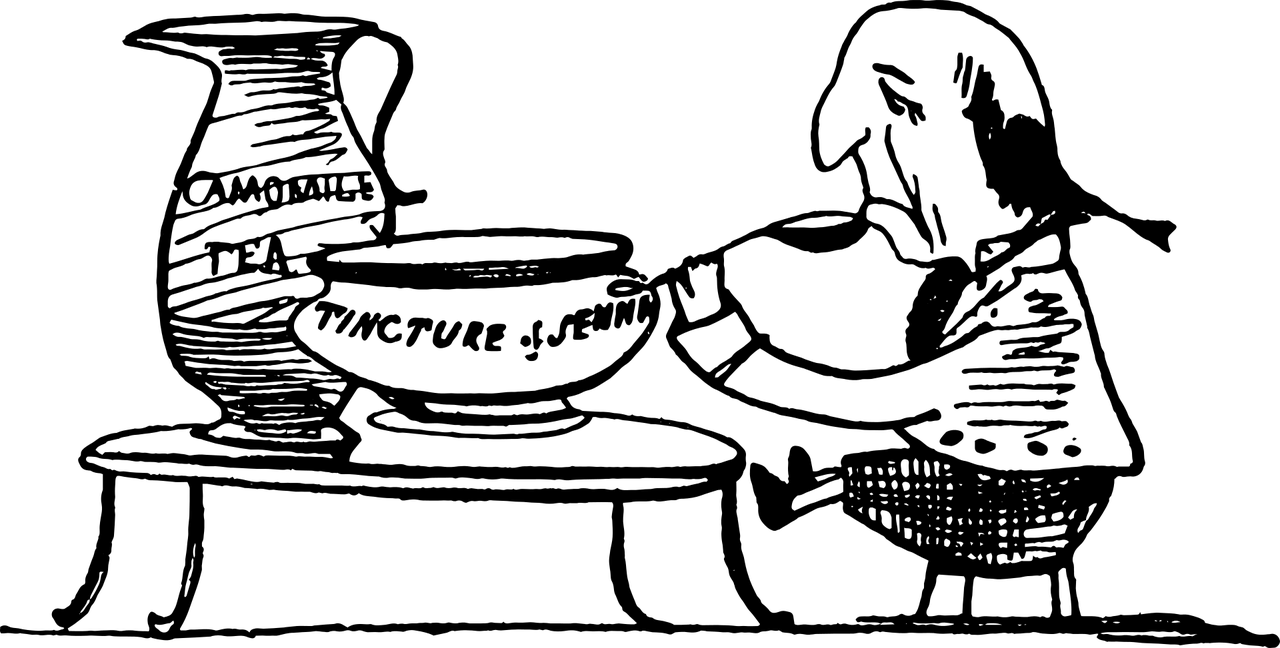Sometimes when one has battled a sickness or disease for so long, they could lose faith in their current medical team to help them return to a state of physical, mental, or emotional normalcy. Having reached a breaking point, they seek help elsewhere. Perhaps phoning (or texting) a friend to ask if they know of someone, or they may rely on Google (or Siri) to find local alternative health providers or seek out natural health remedies and solutions on their own.
This approach leads many even more disillusioned, setting themselves up for failure if they haven’t educated themselves beforehand on the basics of holisticA healing approach that looks at the whole person and not just their physical symptoms, in order to eradicate illness and produce well-being in the mind, body, and soul. healing. This would be most helpful before making an initial call or sending an initial email to a holistic wellness practitioner. With that said, this new blog post series aims to help you better understand what holistic health/wellness is all about – at least from our standpoint – along with sharing the *major* differences between traditional medicine and alternative medicine. Hence, you know if (and when) it’s truly right for you.
Modern Medicine
Modern medicine, also known as allopathic, conventional, or mainstream medicine, is a Western concept involving “the use of drugs and surgeries to help and cure the disease or solve the problem of the patient.”1https://www.vedantu.com/biology/medicine. Licensed medical professionals, specifically medical doctors, attend four years of medical school followed by a single or multi-year residence program in which they learn more about their area of specialization.2In general, a medical specialty is a medical practice branch focusing on specific ailments and diseases.
There are over 20 specialties, which include pediatrics, neurology, family medicine, psychiatry, oncology, orthopedics, internal medicine, cardiology, anesthesiology, obstetrics & gynecology (OB/GYN), emergency medicine, gastroenterology, urology, radiology, otorhinolaryngology, ophthalmology, general surgery, pulmonology, immunology, endocrinology, and geriatrics. Doctors join forces with hospital networks for seeing/admitting patients and operating room (OR) privileges. Furthermore, hospitals join forces with private insurance companies and the Federal government to offer private or government-funded health coverage via Medicare/Medicaid.
There are different types of medical physicians: allopathic doctors, better known as MDs, doctors of osteopathic medicine (DOs), and finally, doctors of naturopathic medicine (NDs). MDs attended schools accredited by the American Medical Association (AMA) and Accreditation Council for Graduate Medical Education (ACGME), and DOs attended schools accredited by the Council of Naturopathic Medical Education (CNME). At the successful conclusion of their years of training, MDs and DOs are considered licensed medical professionals who diagnose, treat, and cure specific diseases, including administering prescription drugs and performing surgeries. However, not all NDs – even lesser known physicians than DOs – are licensed, medical doctors.
NDs are only considered licensed medical professionals unless they have attended a school accredited by (CNME). Most states still will not recognize NDs even if they attended a CNME-accredited program. Unlike MDs, DOs and NDs use a whole-person approach, look at all aspects of their patient, and incorporate natural healing techniques before resorting to harsh drugs and invasive surgeries. All of these types of doctors can take some medical insurance.
Natural Healing
Often considered gentle and non-invasive, natural healing – also known as holistic health, holistic wellness, alternative health, contemporary healing, integrative medicine, etc., involves various methods and techniques that center around allowing the body to restore itself naturally through the use of natural approaches. Examples include but are not limited to the external use or ingestion of organically grown or naturally derived herbs and spices, acupuncture, yoga, energy healing, and the like.3See footnotes for examples (“Natural healing” via <em>The Free Dictionary</em>)
Unlike modern medicine, training for and among natural healers is fluent. Elders may have handled some training, or one could pursue training via an apprenticeship or mentorship by someone who has received formal training in their area(s) of interest. On this note, holistic or natural healers are not considered licensed medical professionals – unless they have received training from an accredited medical school – and by law, they cannot hold themselves on the same level as modern medical professionals. Natural healers cannot accept or bill insurance, so payments are out-of-pocket. Unlike MDs, the extent of holistic practitioners’ specialization is not disease-specific. However, it could be audience specific, meaning they may restrict who their clients are, such as only seeing men, women, the elderly, and children – including or excluding babies/infants, or a combination of all.
Deciding Which to Choose
Neither modern medicine nor natural healing is a one-size-fits-all approach, even though most doctors have go-to drugs they prescribe for common ailments. Regardless of what’s readily available on the supermarket shelf or what Google/Siri recommends as the “best herb for ___,” herbs are not one-size-fits-all remedies either.
Natural healing isn’t for everyone and may not be the best solution for your situation. The depth or extent of one’s illness will determine if he or she should continue to see their family doctor versus a specialist doctor. Sometimes you may need to start with drugs and/or surgeries until you are stabilized enough to safely incorporate natural healing methods.
This is especially true among those with severe conditions. In your case, you may seek a second opinion from another licensed medical professional – if your insurance will allow such – before seeking a holistic wellness practitioner, who would likely need to be paid out-of-pocket. If you are solely interested in working with a licensed medical professional who will at least incorporate a holistic healing approach and can bill your insurance, search for a doctor who falls within the contemporary and alternative medicine (CAM) field. Similar to DOs and NDs, these MDs are already specialists who have decided to add holistic healing as a viable alternative or joint effort in one’s overall healing.
Regardless of your path, there are no guaranteed results – not even with modern medicine that’s why doctors use the term prognosis.4“The likely outcome of a disease, the chance of recovery or recurrence.” (Cancer.gov)
3Absent healing, acupuncture, acupressure, aikido, Alexander technique, applied kinesiology, ayurvedic medicine, bioenergetics, Cayce therapies, charismatic healing, cranial osteopathy, Dianetics, exorcism, hydrotherapy, iridology, Jin Shin Acutouch, jin shin jyutsu, Jin Shin Do Bodymind Acupressure, Jungian psychology, laying on of hands, lomilomi massage, macrobiotics, medical astrology, nature cure, naturopathy, neo-Shamanism, orgonomy, past life/lives therapy, polarity therapy, primal therapy, psychic healing, radiesthesia, radionics, rebirthing therapy, reflexology, reiki, Rolfing, shamanism, sound healing, t’ai chi ch’uan, therapeutic touch, touch for health, transcendental meditation, yoga, vibrational medicine.




